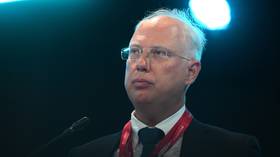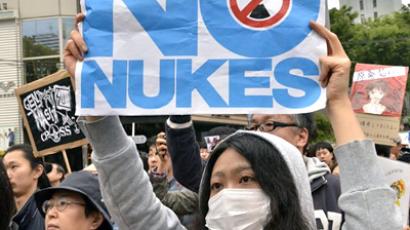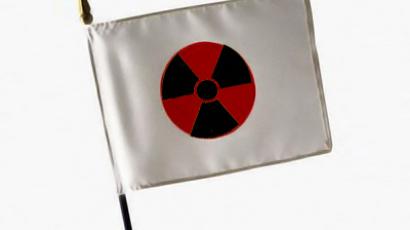Fukushima crisis to be resolved in six months
After visiting the Fukushima nuclear plant and meeting with Japan’s prime minister, the head of the IAEA, Yukiya Amano, has promised to provide all necessary expertise to complete the second phase of containing the crisis by early next year.
The international atomic watchdog chief has visited Fukushima Daiichi nuclear plant on Monday for the first time since the March disasters. During the tour, he inspected the extent of damage to the reactor buildings and the condition of the water recycling system, and also spoke to the workers at the crisis management center.Yukiya Amano said he is very optimistic that workers at the plant are capable of bringing the leaking reactors under control in six months, as expected under Japan's “Road Map”.Amano has promised to help with the recovery effort and discussed what aid is needed at a meeting with the country's prime minister that followed the tour."After the incident with Fukushima Daiichi nuclear power plant, I think it is a very good idea that each country conduct their own stress test to verify the safety of their nuclear power plant," Amano said after the meeting with Japan’s PM, as cited by the Associated Press. Amano also told that he offered the IAEA's expertise in various areas such as decontamination and extraction of spent nuclear fuel rods, Kyodo News reported.The Fukushima nuclear plant was heavily damaged by the March 11 earthquake and tsunami, which resulted in a reactor meltdown and the release of radioactive material.
Despite the authorities’ assurances that the Fukushima situation is under control and will be resolved within six months, Dr. Robert Jacobs, a professor of nuclear history at Hiroshima, believes Japan is very much gripped by the ongoing nuclear crisis.“In essence, [IAEA chef’s visit] is just trying to give a nice shine to a terrible situation and policy,” he said. “We know that the plants will be leeching radiation for at least one more year, possibly several more years, and it is turning up increasingly in various parts of the food supply in far-flung regions.” “Besides that, there is still a rather chaotic policy about what will be happening in the areas that were contaminated near the plants, but outside the evacuation zone, for example Fukushima city,” he added.














